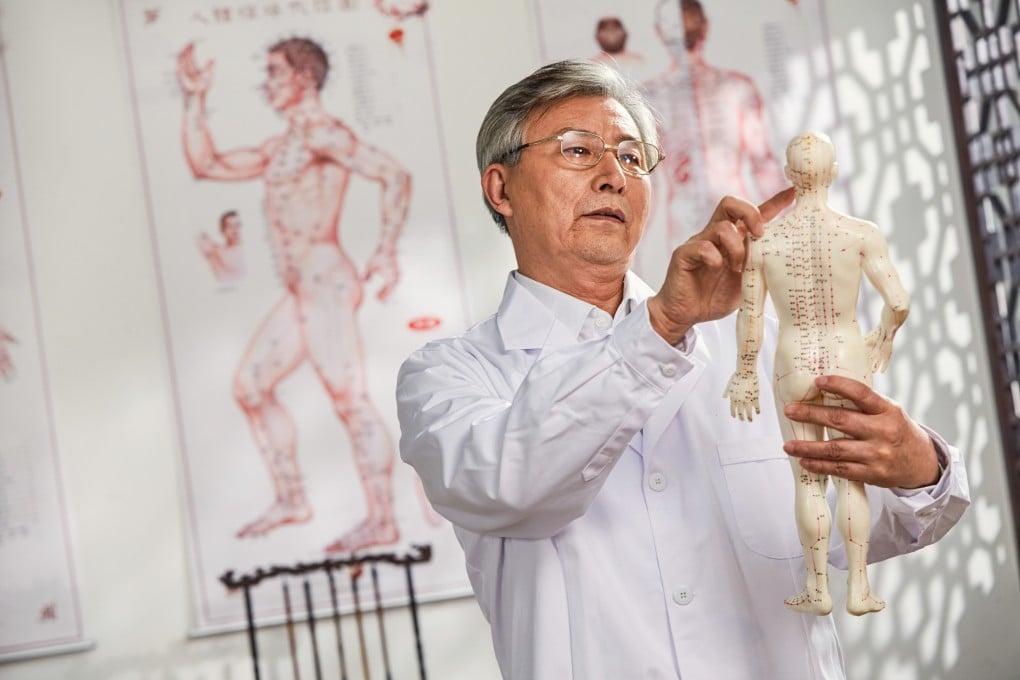Letters | What a healthy approach to global security involves
- Readers discuss why blocs that exclude certain nations are unhealthy for humanity, bitcoin prospects, housing regulation, and the Ukraine war

Chinese medicine has long advanced insights into the importance of the unobstructed movement of qi, or energy, to all parts of the body and its contribution to good health. As the Huang Di Nei Jing (Yellow Emperor’s Inner Classic) suggests, if there is pain, there is lack of free flow.
Vascular constriction must be proactively addressed to overcome certain illnesses. As for human society, what regional and global arrangements will remove the current blockages to our well-being and enable prosperity for all? In what context might regional organisations fruitfully contribute to global prosperity and in what context might they undermine global health and international security?
Regional integration can have many benefits when linked with the global system. This has been shown by the work of the UN Commission on International Trade Law’s regional centre for Asia and the Pacific in serving as a channel of communication between regional actors and the global lawmaking body.
On the other hand, regional or bloc-like arrangements designed to exclude or separate peoples and nations can have a destabilising effect. Few, if any, regions in the world can be said to be fully free at present of such obstructive configurations. In the 19th century, the great thinker Baha’u’llah wrote that “the well-being of mankind, its peace and security, are unattainable unless and until its unity is firmly established.”
Each segment of the world’s population has unique insights to offer and a storehouse of experience to share. The issues of global poverty eradication, environmental protection, gender equality, care for the elderly and the wholistic development of the moral and intellectual capacities of children and youth are shared concerns. No one nation can address such challenges alone.
